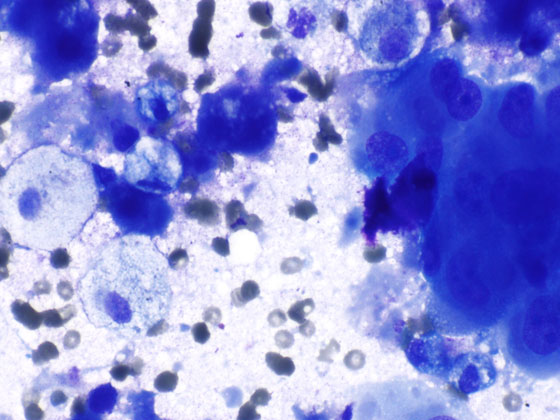2018
-

Peer review information now available for online articles
You can now access detailed information about the peer review process research published on IOPscience has been through. In response to community feedback, we have introduced a new peer review information module for online papers. The module is displayed in the ‘article information’ section. It tells you if the article went through single or double […]
-

Parkinson’s implant uses brain’s signals to adapt treatment
Scientists in the USA have developed a new deep brain stimulation method to treat the symptoms of Parkinson’s disease. While present deep brain stimulation for Parkinson’s is constant, the new method is ‘adaptive’. This means the stimulation changes in real time, based on the patient’s neural signals. The study, published today in the Journal of […]
-

You, IOP Publishing Limited, and protecting your personal data
A new data protection law is being introduced this May across the European Union, and it means we need you to let us know if you’re still happy for us to contact you with marketing information about our products and services after 25 May. It’s called the General Data Protection Regulation (GDPR), and it governs […]
-

Planning for extreme temperatures could help five billion people worldwide
Acting on extreme temperature forecasts could reduce the risks posed to around five billion people by heatwaves and coldwaves, new research has found. Extreme temperatures are a primary cause of death and disease worldwide, and heat extremes are projected to rise in many regions. The research from the Red Cross Red Crescent Climate Centre and […]
-

Penguin colonies resemble liquids, physicists find
Penguins and physicists do not often cross paths, but a new physics study has found king penguin breeding colonies organise and move in a similar way to liquids. “In this study, we aimed to uncover the structural order in a king penguin colony during the early stage of the breeding cycle, when most of the […]
-

‘Dieselgate’ impacted climate as well as human health
Improved diesel technology, combined with generally better fuel economy, has led to the widespread belief that diesel vehicles are more environmentally friendly than their petrol counterparts. But a new study shows diesel cars with ‘defeat devices’ may have no environmental benefit over petrol cars. The research looked at the on-road driving impact of Volkswagen (VW) […]
-

3D modelling unlocks insight into cancer progression
Medics may soon have a better understanding of how cancer tumours grow and progress, thanks to research from an international collaboration. The study examined how the various cells that comprise tumours interact, in what is known as the tumour microenvironment (TME). It is published today in the journal Biofabrication. Senior author Professor David Mooney, from […]
-

‘Digistain’ technology offers revolution in cancer diagnoses
The way cancer is diagnosed could soon be more accurate and reliable thanks to a team of British scientists. The team, led by Professor Chris Phillips from Imperial College London, developed a new imaging technology to grade tumour biopsies. Publishing their results today in the journal Convergent Science Physical Oncology, they describe how their new […]







